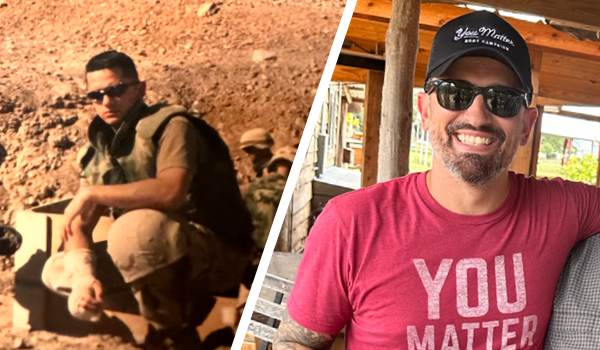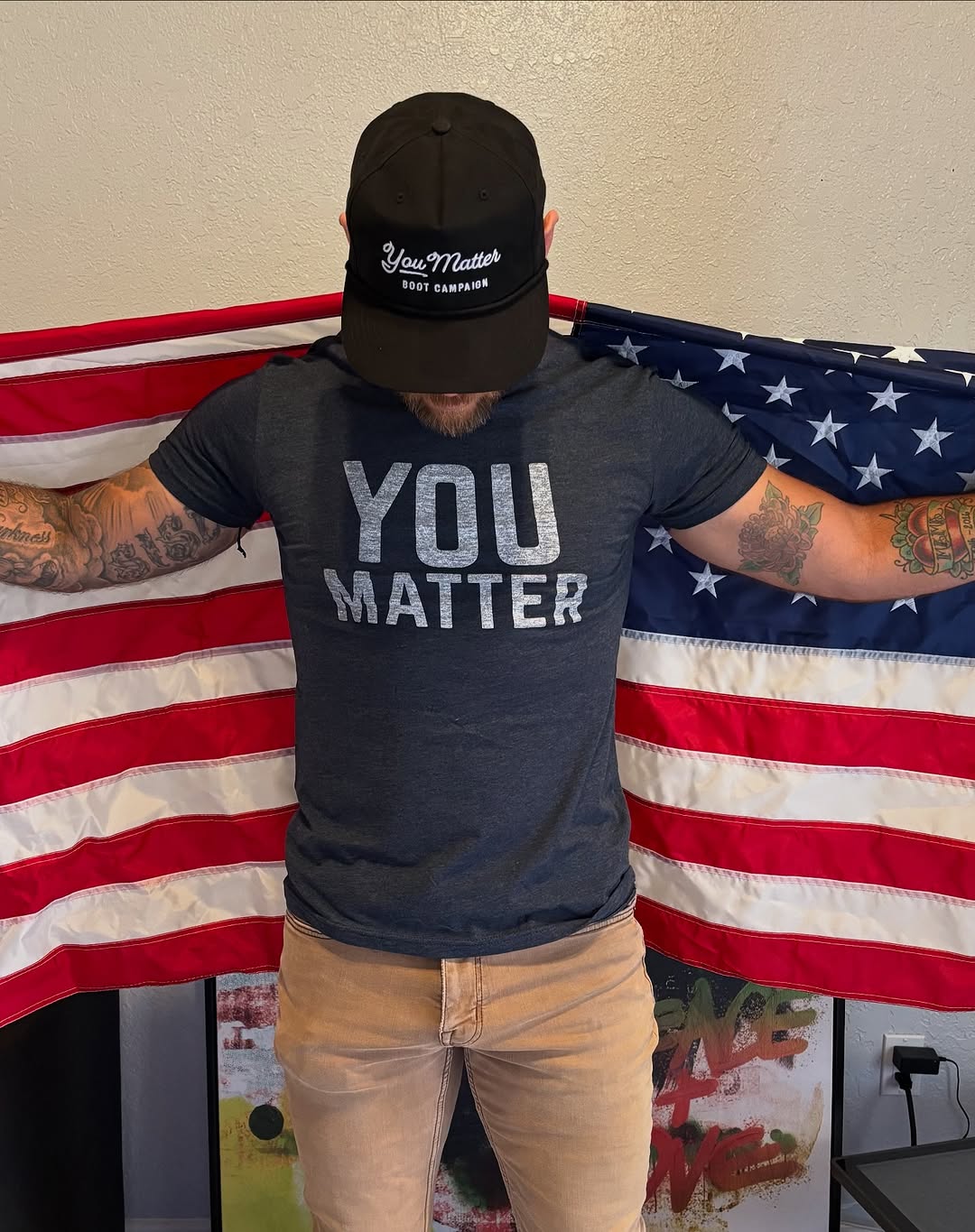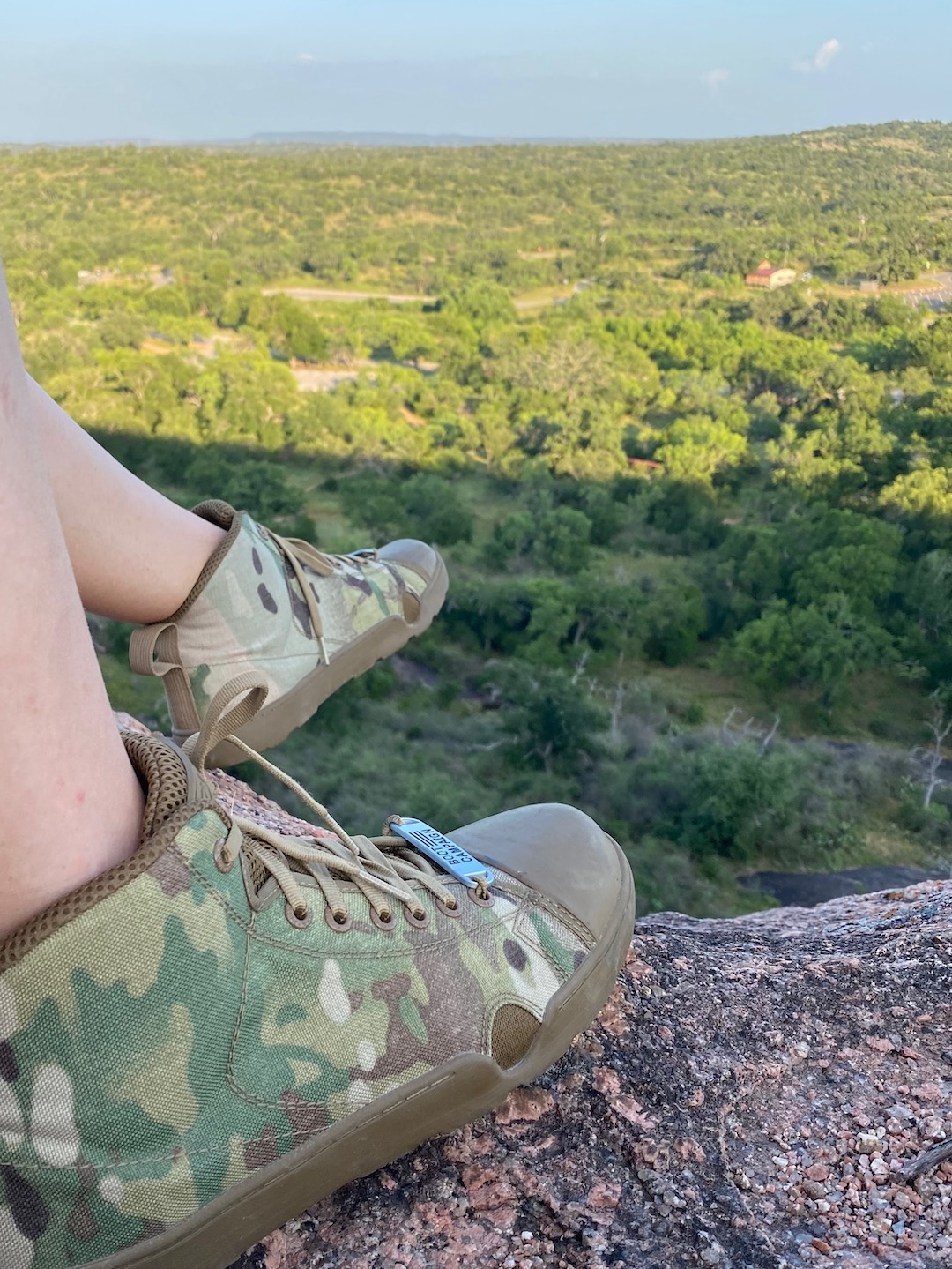Military Suicides in the COVID Era is a National Problem

In the pitch black, John* sat in his car; the floorboard littered with empty beer cans with a pistol in the seat next to him. All he wanted was an escape, from his mind, from his thoughts, from his life. He had asked for help and been turned away. COVID was the excuse for lack of care. COVID was the excuse that nearly ended John’s life.
The Pentagon’s most recently released statistics show nearly twice as many military members died from suicide July-September 2021 than from coronavirus since the COVID pandemic’s start.
According to data released by the Pentagon, 163 service members took their own lives in Q3 of 2021; 70 active duty service members, 56 reserve members, and 37 members of the National Guard. Through the first three quarters of 2021, a total of 476 deaths among service members had been reported. And just this week, a service member stationed in Alaska died by suicide, making his death at least the sixth suicide by a service member assigned to Army Alaska in three months.
The question is why.
In the complex issue of suicide, there is not a simple answer.
As the entire world has been focused on the COVID pandemic — and for good reason — another silent killer has been in our midst with little attention. Service members across the military are dying by suicide in disproportionate numbers when compared to their civilian peers.
COVID-19, continued isolation, stigma surrounding seeking mental health care and more have taken their toll on service members resulting in final resting places and permanent ends for so many. Since the start of the pandemic, service members have experienced extended deployments, extensions, unexpected quarantines and some saw more activations on quick notice, giving no time to prepare before having to leave their families and homes for extended periods. All coupled with many of the challenges every American is facing – a tremendous balancing act of managing home, work and childcare obligations and schooling, financial distress, and lack of community engagement – have created a perfect storm.
So why aren’t we – as a nation – talking about the suicide crisis amongst our service members more?
Anecdotally, several service members have reached out to Boot Campaign seeking help after being told there were weeks-long, and even months-long, waitlists for on-base mental health care. One, in fact, confessed suicidal thoughts and was told the first time he could be seen by mental health professionals on base was six weeks away. In the case of John, he was told he could get on the schedule for a virtual appointment in three weeks. Simply put, this is outrageous.
No longer can service members willing to get care be turned away.
Mental health care is an important issue that we as a country have chosen to ignore for far too long. Every service member and the treatment and therapies they need are vastly different. There is no one-size-fits-all cure for matters of the mind. Those who laced up their boots and were willing to walk boldly into harm’s way to protect and defend our freedoms deserve the best care possible. Until they are cared for individually and given the personalized time and attention they deserve, we at Boot Campaign will continue to provide individualized care so that suicide doesn’t seem like the only option.
If you are wondering what YOU can do or how you can help, reach out – in person, on the phone, via email or text message. You don’t have to be an expert or have military experience to talk to a Veteran or service member struggling. You just need to show genuine care and concern and simply start a conversation by saying, “You matter.”
It is up to all of us to become familiar with the signs of someone in crisis. Learn more from resources like the Veteran Crisis Line to help you identify when someone needs additional resources. If you or a loved one is experiencing thoughts of self-harm or suicide, you can confidentially seek assistance via the Military/Veterans Crisis Line at 800-273-8255, via text at 838255 or chat at http://VeteransCrisisLine.net.
*Name has been changed to protect confidentiality











